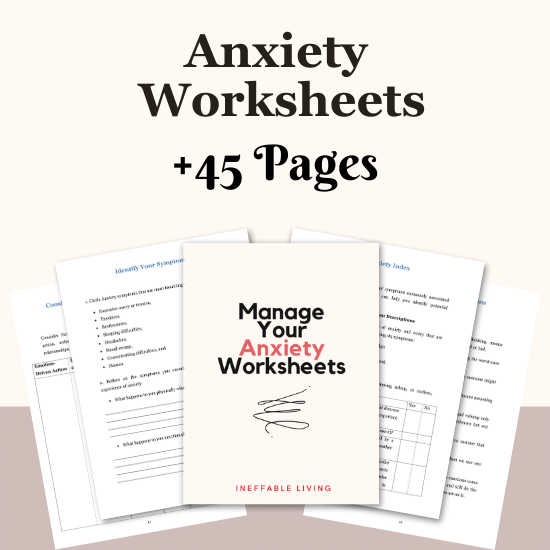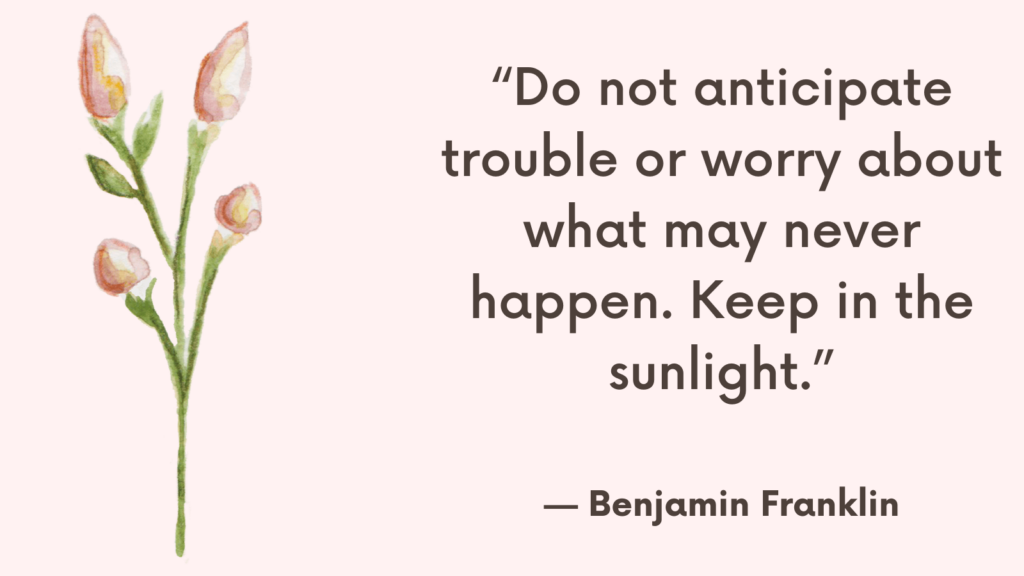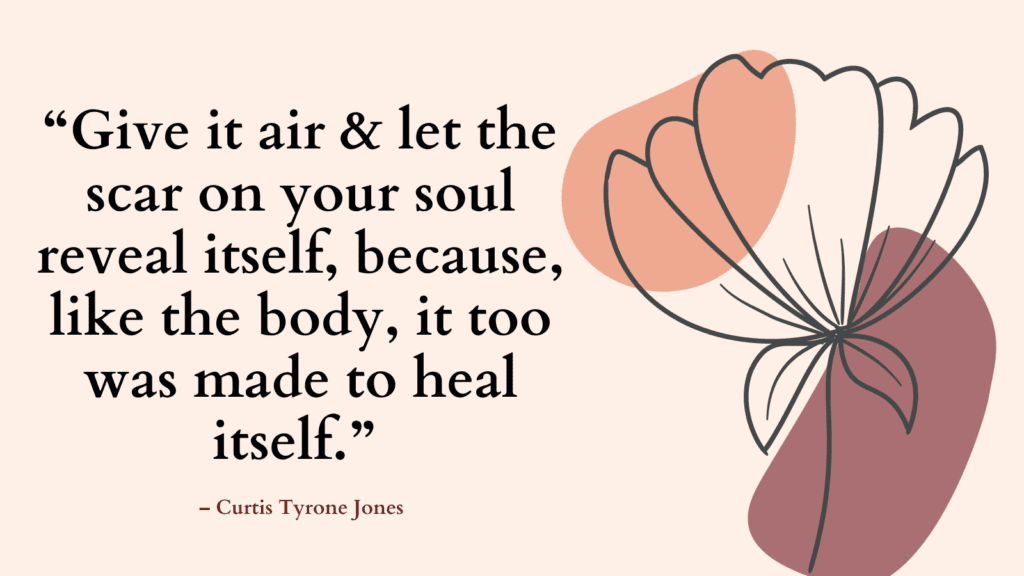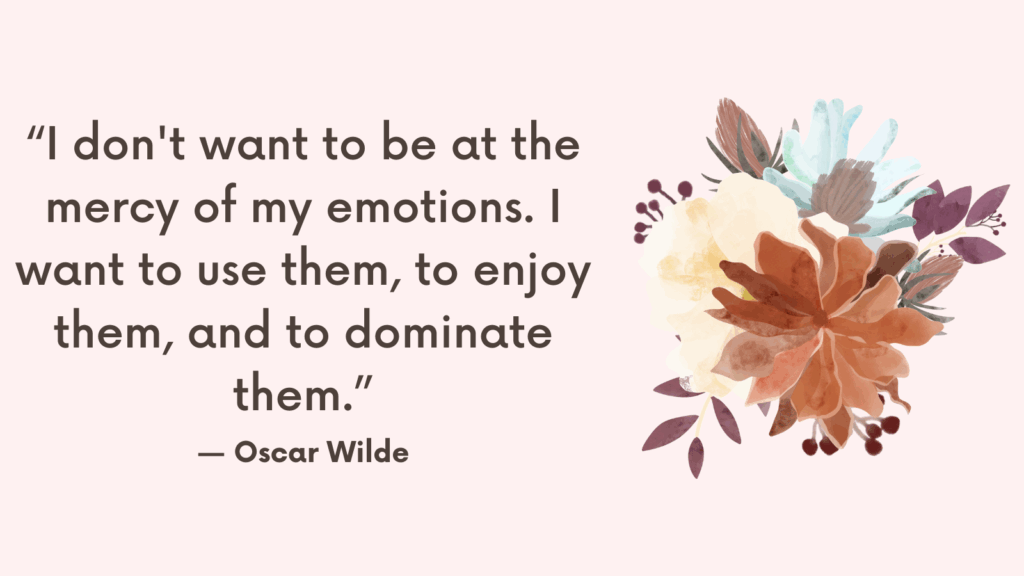Anxiety at night can be brutal.
It’s like your brain suddenly decides it’s the perfect time for a surprise test on everything you’ve ever worried about. You’re lying in bed, and it starts: ‘Remember that embarrassing thing you said five years ago?’ And you’re like, ‘Not now, brain.’ But your brain goes, ‘Nope, let’s replay that in vivid detail.’ Or it’s like, ‘Hey, you’re trying to sleep? Let’s imagine the worst-case scenario for every aspect of your life. How about that?’ And you’re just stuck there, trying to calm down while your mind runs wild.”
Nighttime anxiety can be so painful, but you don’t have to just suffer.
Let’s talk about two really powerful skills to turn down anxiety at night and sleep better.
Understanding Nighttime Anxiety
Anxiety is a common experience for many people, but nighttime anxiety can feel especially intense.
During the day, you might be busy with work, social activities, and other distractions that keep your mind occupied.
But at night, when things get quiet and there are fewer distractions, your brain might start to focus on your worries and anxieties.
This can lead to a range of nighttime anxiety issues, including:
– Laying in bed worrying about the future or rehashing the past: You might find yourself thinking about all the things you need to do or the mistakes you made during the day.
– Difficulty falling asleep because your mind is racing: Your brain might be flooded with thoughts, making it hard to relax and fall asleep.
– Sleep anxiety: You might start to worry about not being able to fall asleep, which can create a cycle of anxiety and sleeplessness.
– Waking up in the middle of the night: Your anxiety might wake you up, making it hard to get a full night’s rest.
– Panic attacks: In some cases, nighttime anxiety can lead to panic attacks, which can be very distressing.
– Feeling a desperate urge to leave the house or avoid bed: You might feel like you need to escape your anxiety, making it hard to relax and sleep.
Nighttime can be really difficult for some people with anxiety. But there are two simple steps that you can take to decrease your anxiety at night and relax and sleep better.
Related: Best 25 Night Journal Prompts To Help You Sleep Faster
How to Manage Anxiety at Night?
1. Schedule Worry Time During the Day
One of the most effective ways to manage nighttime anxiety is to address your worries during the day.
Your brain is like a phone that needs to do a software update.
You’re busy working throughout the day – you’re doing important tasks, making calls, checking social media, playing games – and every couple of hours it prompts you, like, “Oh, you need to do an update. Would you like to do it now?”
Now, of course not, right? No one wants their phone to not be working when they need it.
So of course you put it off.
You put off that software update until later.
You play some more games, you answer some more emails, you send more texts.
And the prompts to update the software have been going on for so long that you almost don’t even notice them anymore, until your phone stops working or it forces an update, right, at the worst possible time.
Our worries are like a software update.
Our brain is constantly asking us to just face them and resolve them.
When we don’t address anxiety during the day, when we distract ourselves, we keep busy, or we procrastinate facing a problem, our brain doesn’t just let it pass; our brain makes sure to bring up all of our worries as soon as we try to fall asleep.
For many people, their anxiety is worst at night. Things get quiet, there’s less distractions, there’s less to do, and you’re left with your thoughts. And so your brain is like, “Oh, finally, it’s time to do an update and deal with these anxious issues.”
To prevent this from happening, you need to schedule worry time during the day.
Plan a time between 12 and 6 p.m. when you’re going to sit down and worry on purpose.
Research shows that you fall asleep in half the time when you do a worry journal or scheduled worry. (source)
I recommend that when you worry that you don’t do it in your head.
Do it on paper. It just looks like writing down lists or free writing what you’re worried about or doing a brain dump or drawing out your worries.
And to teach your brain that you’re serious, that you really are going to address your worries and it doesn’t have to bring them up at night, do this every day for one month.
In addition to scheduled worry time, basic self-care is important.
Manage your circadian rhythm by getting early-morning light exposure, decreasing your caffeine intake, exercising, and having a standard calming bedtime routine.
These activities can help reduce overall anxiety and improve sleep quality.
Related: Top 50 Sleep Affirmations To Enjoy A Good Night’s Sleep
2. Get Out of Bed if You Can’t Sleep
If it’s already nighttime and you’re laying there awake, get out of bed.
Sleep is not something that you can force.
If you put tons of effort into trying to force yourself to sleep or you just lay in bed for hours trying to fall asleep, you are basically training your brain to associate the bed with worry and stress and being excited and awake.
This leads to a cycle of it being harder to sleep and you trying harder to sleep, which makes things worse.
If you don’t fall asleep within about 15 or 20 minutes, get out of bed. Do something calming, boring, non-stimulating.
You could meditate or read a book or just sit around.
If your worries are taking over, write them down, do a brain dump, because you probably didn’t do your scheduled worry earlier in the day.
Otherwise, if worry’s not bothering you, just do something that’s not too exciting, and then only return to bed when you’re sleepy.
There’s no time limit. Just wait until you start to feel sleepy, and try again.
It’s normal to worry that doing this is going to make you tired.
And it might in the short term.
You might be tired for a couple of days. But in the long run, it’s going to be worth it when your brain is retrained to fall asleep faster.
This technique does two things: it increases sleep pressure, which is the internal drive to fall asleep, which will improve sleep efficiency – that’s the percentage of time that you spend in bed asleep.
Second, it retrains your brain that the bed is a place for sleeping, not worrying.
Related: How To Stop Worrying And Fall Asleep?
Additional Techniques to Improve Sleep
Once you’ve trained your brain to worry during the day and to fall asleep at night in your bed, you’ve addressed the root of most sleep anxiety.
After that, it’s okay to use techniques like mindfulness, guided imagery, meditation, progressive muscle relaxation, or breathing exercises to help you fall asleep.
These techniques can be very effective in calming your mind and body, making it easier to fall asleep and stay asleep.
1. Mindfulness: This involves paying attention to the present moment without judgment. You can practice mindfulness by focusing on your breath, body sensations, or sounds around you. This can help you stay grounded and reduce anxiety.
2. Guided Imagery: This technique involves imagining a peaceful scene or situation. It can help distract your mind from anxious thoughts and promote relaxation.
3. Meditation: Regular meditation can help reduce anxiety and improve sleep. It involves focusing your attention and eliminating the stream of jumbled thoughts that may be crowding your mind.
4. Progressive Muscle Relaxation: This technique involves tensing and then slowly relaxing each muscle group in your body. It can help reduce physical tension and promote relaxation.
5. Breathing Exercises: Deep breathing exercises can help calm your mind and body. Try inhaling slowly through your nose, holding your breath for a few seconds, and then exhaling slowly through your mouth.
Related: Best 10 Books For Overthinking And Anxiety

Conclusion
Nighttime anxiety can be challenging, but you don’t have to suffer in silence.
By scheduling worry time during the day and getting out of bed if you can’t sleep, you can retrain your brain to manage anxiety and improve your sleep.
Additionally, incorporating techniques like mindfulness, guided imagery, meditation, progressive muscle relaxation, and breathing exercises can further enhance your ability to relax and fall asleep.
Remember, it’s important to address your worries and not just avoid them.



